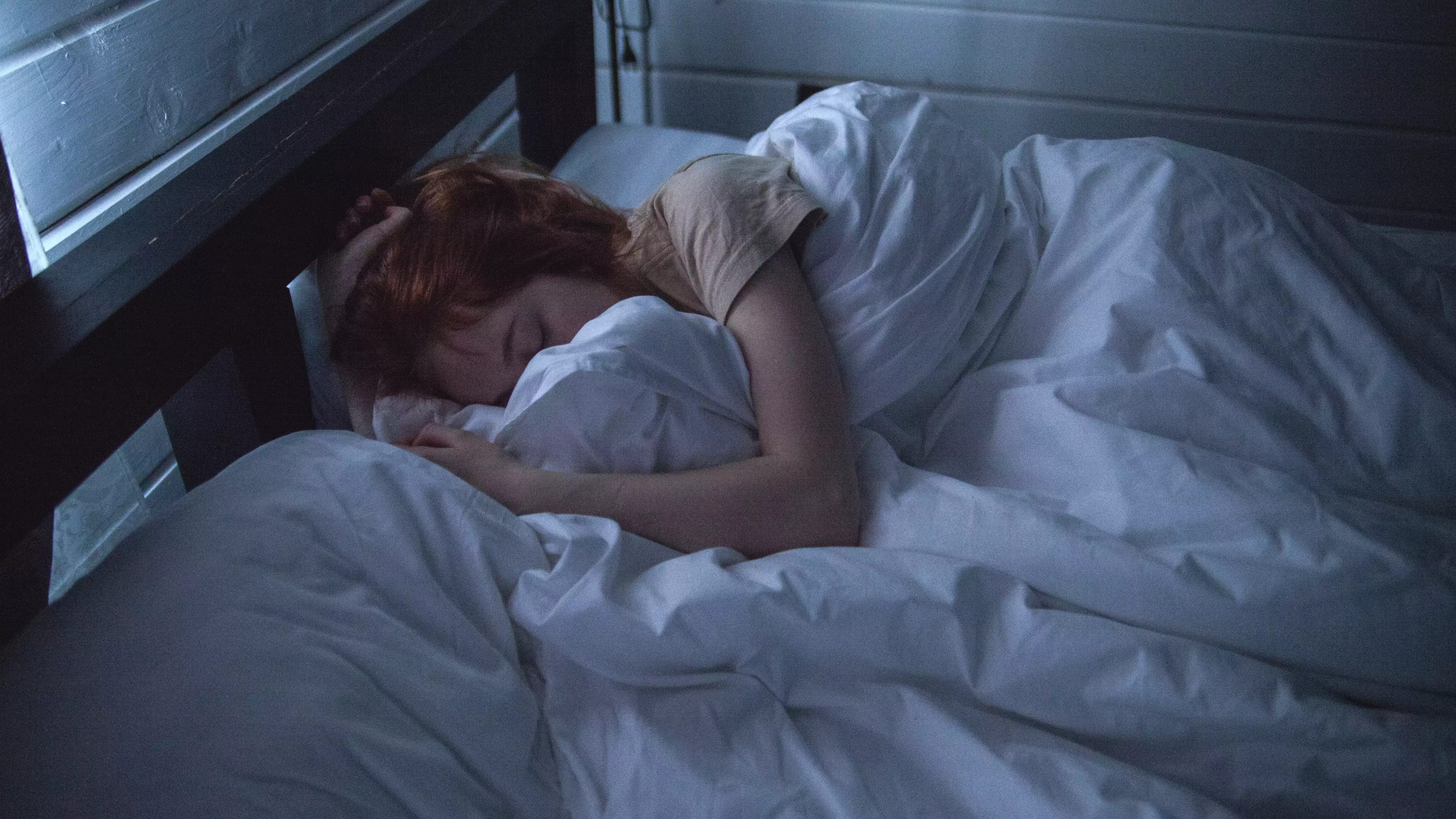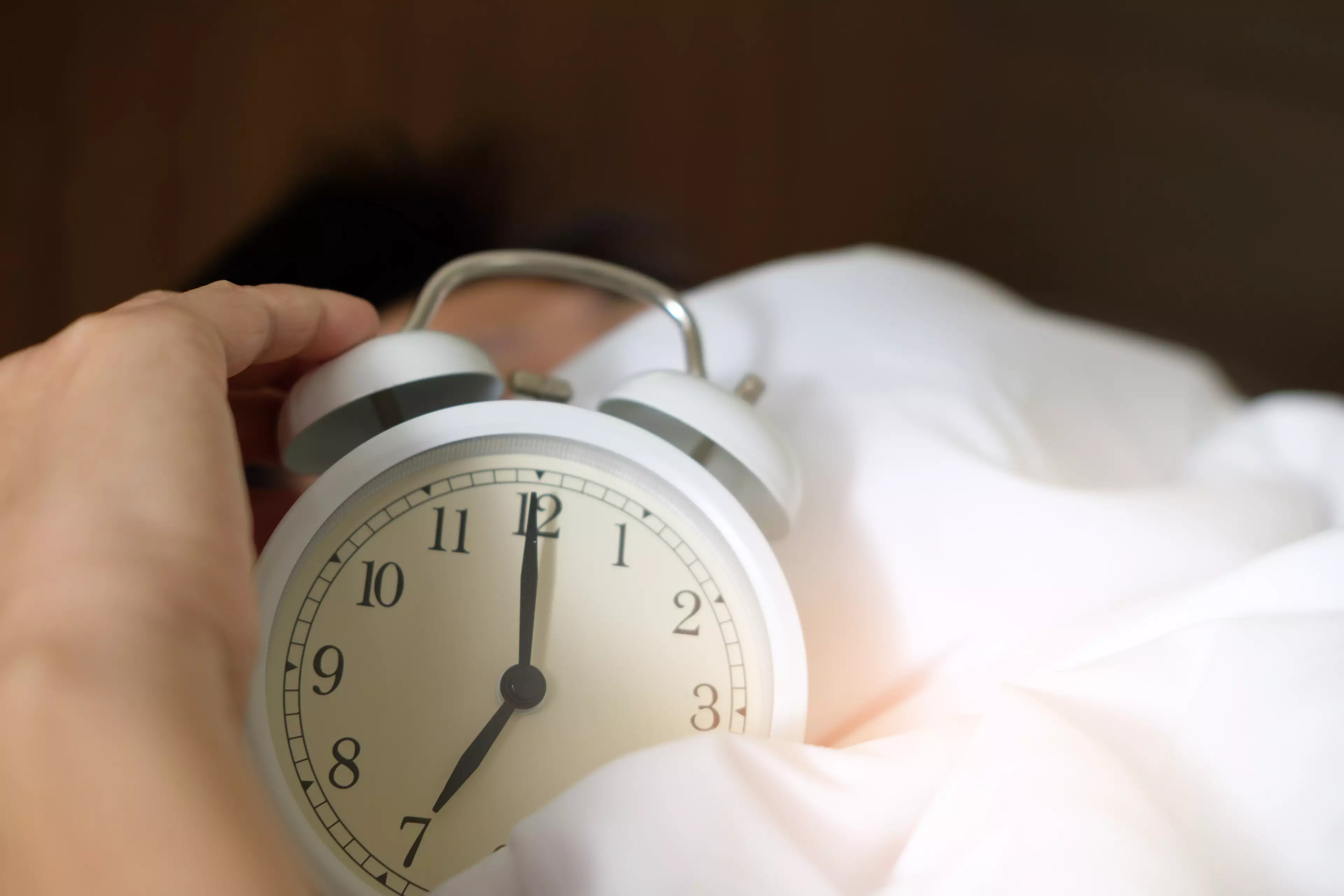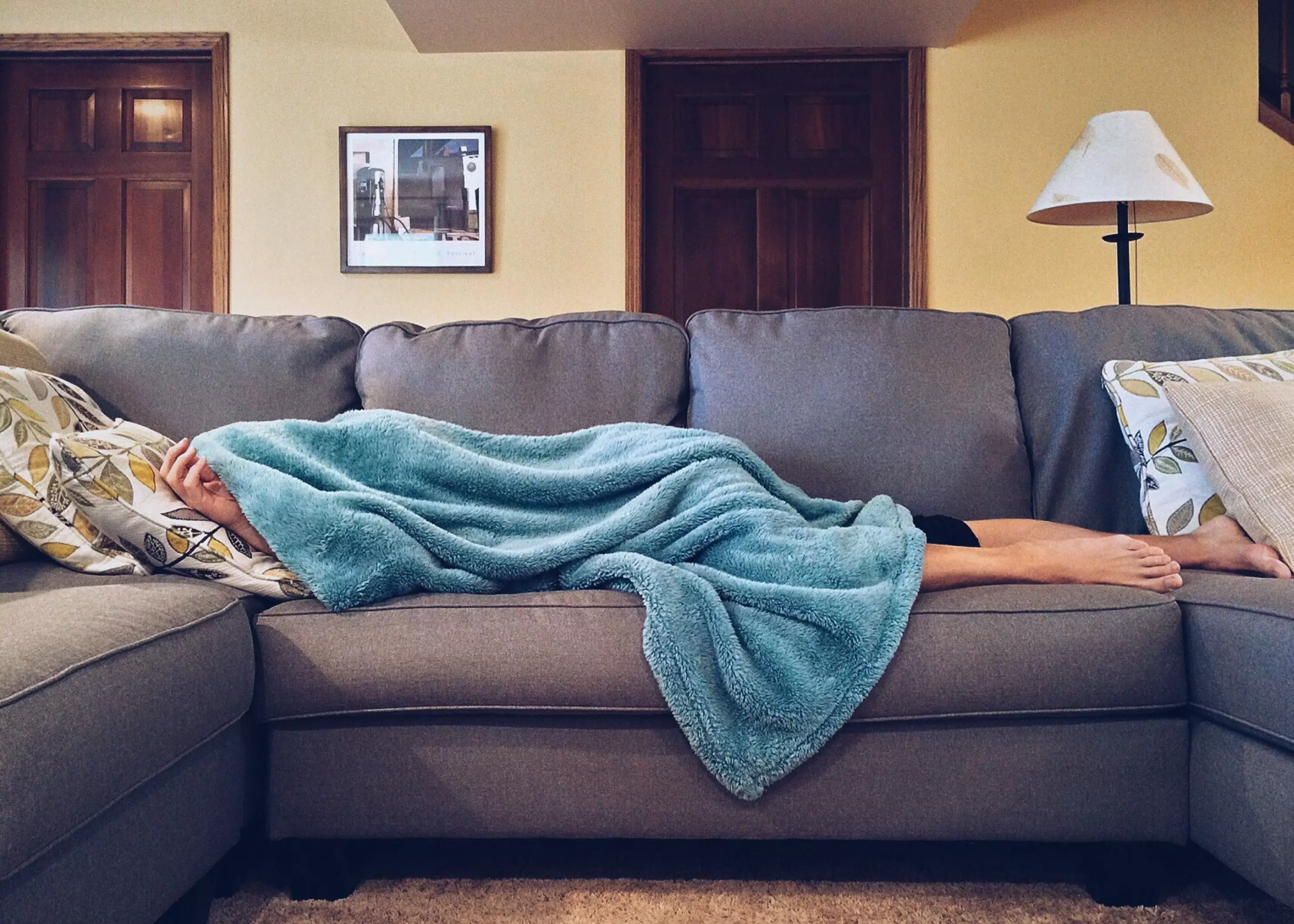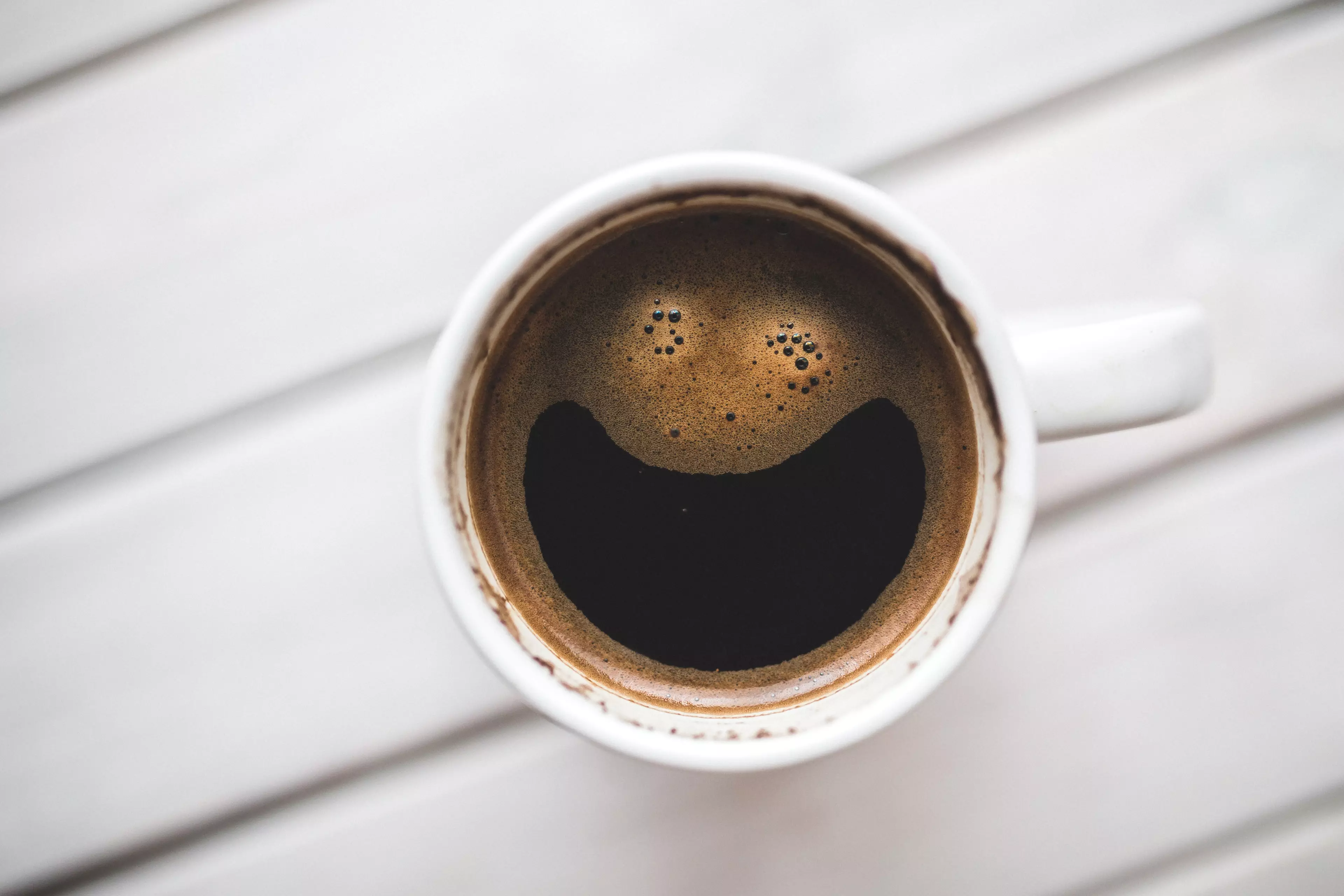
Many of us have struggled through a sleepless night at some point, tossing and turning until daylight creeps through the curtains.
But for people who suffer from insomnia, the continuous lack of sleep can impact every aspect of their lives, from their work to their mental health and relationships.
Nearly half of women and more than a third of men in the UK say they have trouble sleeping, according to a 2016 survey by the Sleep Apnea Trust Association. This might mean struggling to get to sleep in the first place, or waking up throughout the night, which leaves us feeling exhausted, foggy-headed and irritable.
Advert
Barbara Maimone, 28, says she has struggled to get a good night's sleep for years.
"I've always suffered from insomnia or very few hours of sleep since I was a child. "I went to bed and thought it was a pointless thing to do," she says.

Maimone says her insomnia affected her "daily mood" and made her feel anxious everyday. It also affected her physical health and gave her back and neck pain.
Advert
On average, adults need between 7 and 9 hours' sleep and children need to sleep for 9 to 13 hours. According to the NHS, toddlers and babies need between 12 and 17 hours.
Expert Max Kirsten, The Sleep Coach, says there are a number of problems associated with insomnia, which affects both physical and mental health.
"If we don't get enough sleep each night, it lowers our immune system, it affects cognitive mental processes, our ability to learn and remember, and poor sleep over a longer period of time increases the chance of type II diabetes, weight gain, and even increases the risk of cancer and many other diseases," he says.
So why do so many people not get enough sleep?

According to Kirsten, one of the main reasons we struggle to sleep well is because of our "always on" modern society. Whether it's scrolling through a social media feed or checking work emails, we are constantly glued to our screens - which can have a detrimental impact on our sleep.
Advert
Specifically, it is short-wavelength blue light from the screens we watch that keeps us awake, a 2017 study by the University of Haifa found. Not only does it damage the duration of our sleep, but the quality too.
Kirsten says we need to get plenty of natural daylight and explains we have "too much of the wrong kind of light, artificial light, LED light, staying indoors throughout the day and evening, glued to computer screens, smartphone screens, tablet screens and TV screens."
"Allow 90 minutes of low light minimum away from digital screens before bed," Kirsten advises.
We might be guilty of powering through our work days with coffee and energy drinks, but this - unsurprisingly - also affects our sleep. Therefore, we should avoid tea, coffee or alcohol, which is also a stimulant, for several hours before going to bed.
"Caffeine is another major cause of sleep difficulty because most people don't realise it takes at least eight hours for the stimulant effect to leave the body, unless you are the rare 10% of the population who have a special enzyme that breaks down caffeine much quicker than everybody else," Kirsten explains.

In the quiet of night, worries can often keep us awake as we dwell on things we are distracted from during the day. The problem is, insomnia and anxiety often work in a cycle. Being anxious stops you from sleeping, but in turn, not being able to sleep can make you feel anxious - particularly if you know it will affect work the next day.
Advert
"Anxiety is the other main cause of insomnia. If you've ever had a sleepless night, the anxiety and dread of having another one like that again causes increases in stress hormones particularly when going to bed and lying there worrying when you should be relaxing," Kirsten says.
"Adrenaline and cortisol combined with racing mind syndrome, or as I like to call it 'overthinking the overthinking', stop you from being able to relax and let go."
If you're struggling to get to sleep, there are a number of change you can try.
The first thing to do is make sure your room is dark and quiet, which may mean using thick curtains or blackout blinds, wearing an eye mask or putting earplugs in.

"Another classic mistake is to have a warm and cosy bedroom with very little ventilation," Kirsten says. "Bedrooms should be cooled slightly for sleep, ideally between 16 and 18C. Take a hot bath or hot shower before bed to allow that body cooling feeling to occur in a lovely clean and comfortable bed."
Advert
"Make sure that your bedroom is basically only for sleeping or intimate moments, so that when you go there you are mentally detaching from daily life," he adds. Instead of screens, try reading, listening to calming music or reading a book.
It's also also good to establish a routine. "Go to bed at the same time each night and ideally get up a the same time," Kirsten advises.
If you are still struggling to sleep, lots of pharmacies sell over-the-counter sleep aids. These won't get rid of your insomnia, however, they will only make you drowsy so you are more likely to fall asleep - though they may give you side effects.
The NHS advises to see your GP if changing your sleeping habits hasn't worked, if you have had trouble sleeping for months or if your insomnia is making it hard for you to cope. They may refer you to a cognitive behavioural therapist to help change problematic thoughts and behaviours which make it hard to sleep. It is rare for doctors to prescribe sleeping pills as they can be addictive - so they may only be prescribed for up to a few weeks.
Featured Image Credit: Pexels